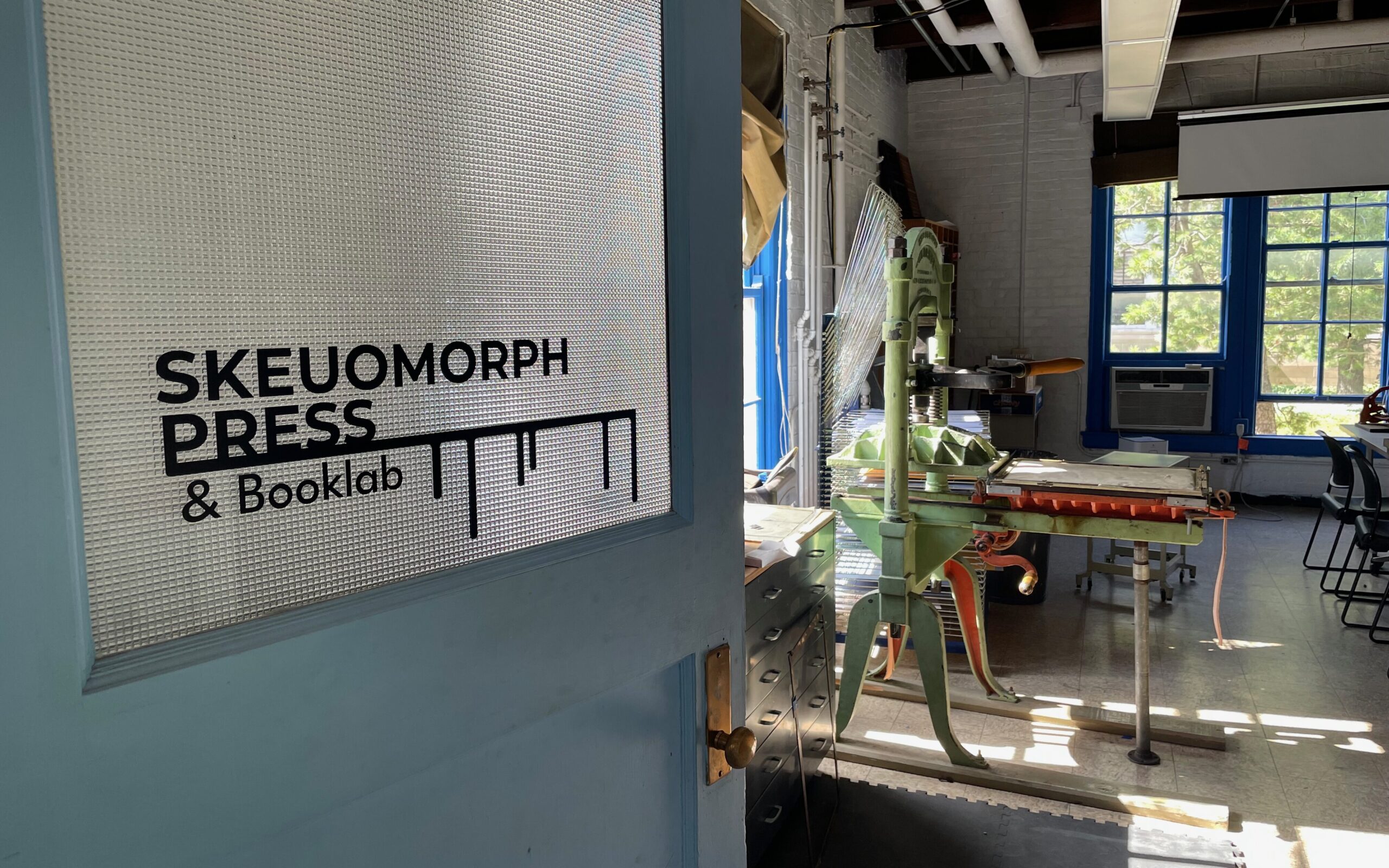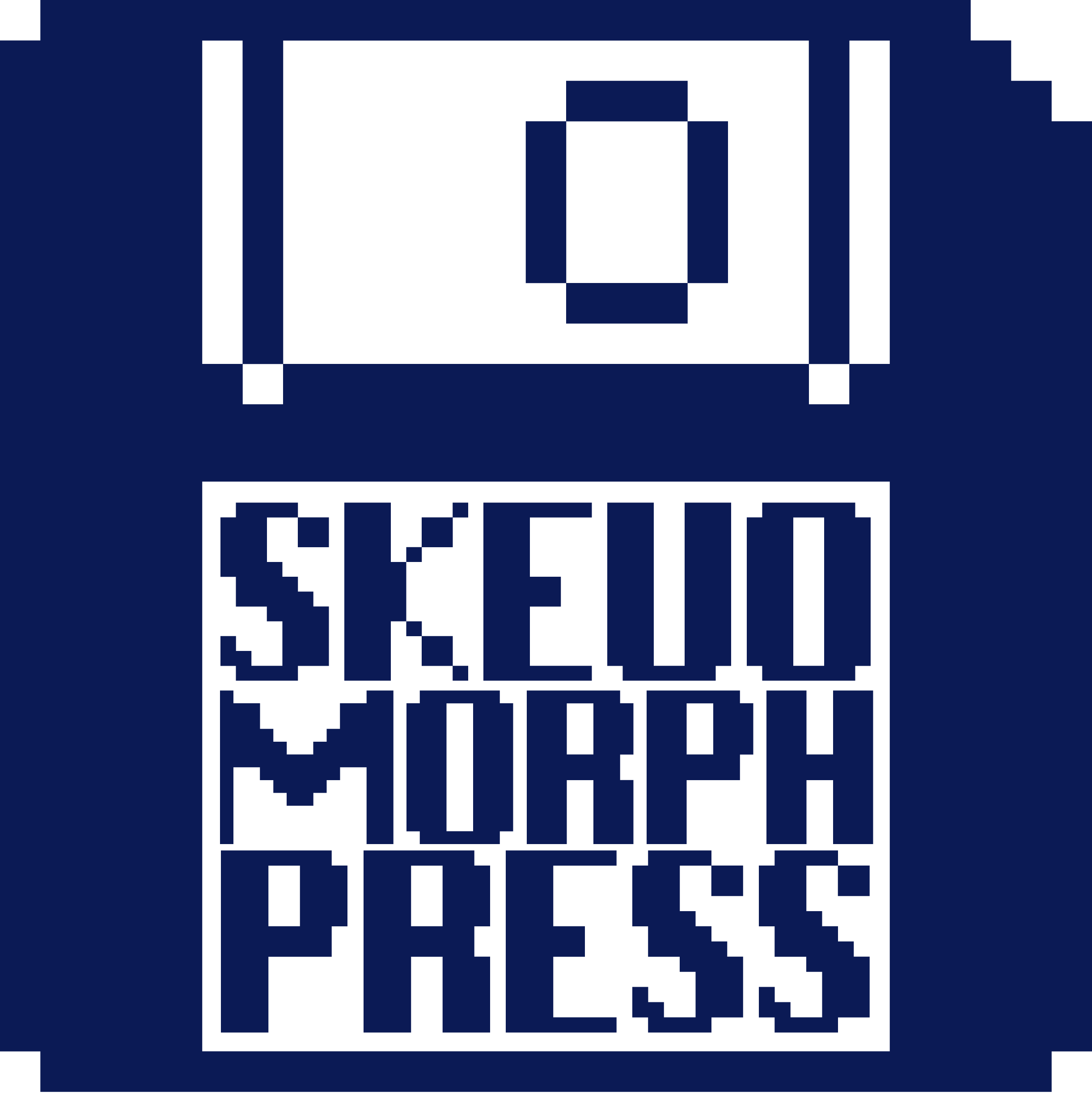Surveying the Humanities MakerLab Movement
Background
While most conversations about data in the humanities focus on what we can analyze and present on screens, increasingly scholars turn to critical making and fabrication to investigate history and culture. Museums 3D-print artifacts for patrons, students, and researchers to study in embodied ways that might be difficult with rare, fragile, or inaccessible originals. Researchers create data physicalizations to convey the scale or contours of datasets in ways impossible in two dimensions, or to make datasets more accessible to diverse audiences. Over the past decade, a growing community of scholars in book history, media studies, libraries, and digital humanities have begun creating hybrid spaces for experiential teaching, learning, and research using historical media and technology, from letterpress printing to vintage computing.
Humanities maker labs, centers, spaces, and initiatives are diverse in origins, departmental homes, and included technologies, but they share conviction that understanding complex histories of information technology will prove key to developing more equitable and humane information technologies for the future, as well as a commitment to embodied research that cultivates technological innovation and imagination beyond the digital alone. Even as much of research and knowledge production has gone digital in the twenty-first century, students and scholars have come to crave haptic experience and embodied modes of learning, while the need to reach back and recover earlier media and modalities seems particularly acute. Humanities researchers and students recognize that experiential learning will be central to the future of their disciplines.
The Project
SHMLM will analyze the humanities’ maker turn by surveying the research, pedagogical, and public service missions of existing humanities makerspaces; identifying commonalities among such efforts across disciplines, technologies, and organizational structures; comparing their activities and institutional identities with comparable contemporary STEM- or arts-focused makerspaces. This project will lay the groundwork for more robust communication and professionalization among such initiatives, building shared resources about the impact of humanities makerspaces that can be used for organization, advocacy, and fund-raising by scholars building and sustaining such programs.
This project addresses not only a transformative way of researching humanities, but also has significant implications for connecting the past and present toward designing more inclusive technological futures. What do historical technological innovations teach us about the audiences for new technologies, the privileging of print culture over multimodal and experiential ways of knowing, or the meaning of literacy? How does history resonate with the contemporary maker movement, which has been criticized for its narrowly defined making activities—such as electronics, robotics, and vehicles—and participants, such as wealthy middle-class hobbyists? Despite influential theories of experiential learning and constructionism (i.e., object-to-think-with), traditional notions of literacy highly privilege reading and writing and can devalue people with different approaches to obtaining, preserving, or passing on knowledge, describing them as being “at risk,” not ready for school or the workforce. SHMLM investigates how experiential learning approaches break down barriers to humanities research and pedagogy.
The Team
SHMLM is co-led by Dr. Ryan Cordell and Dr. Kyungwon Koh, and supported by research assistant Isabella Viega.

